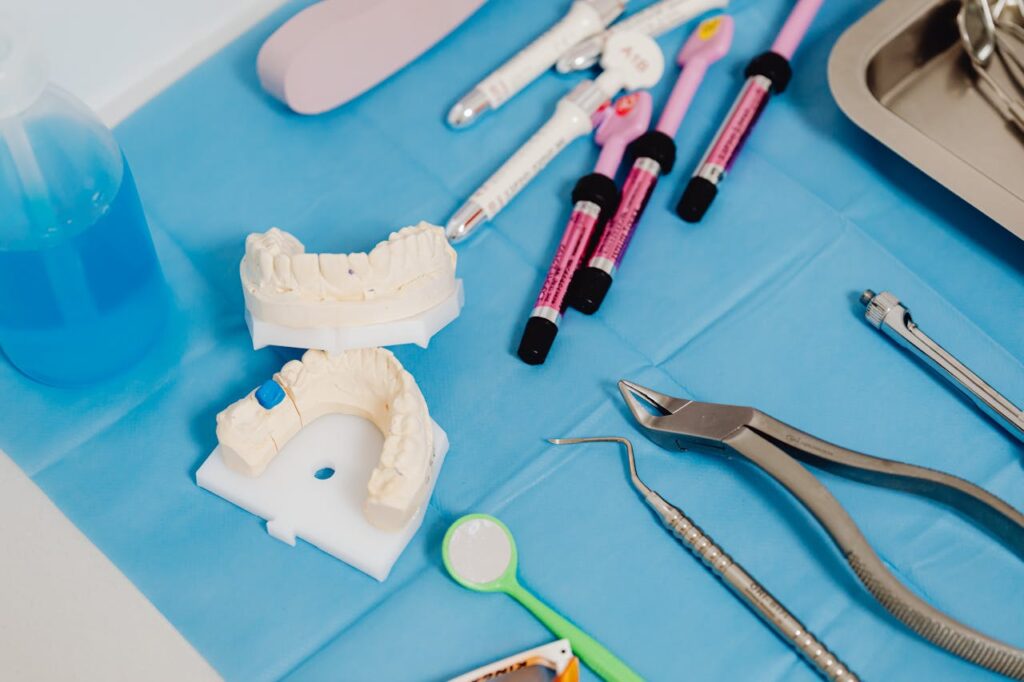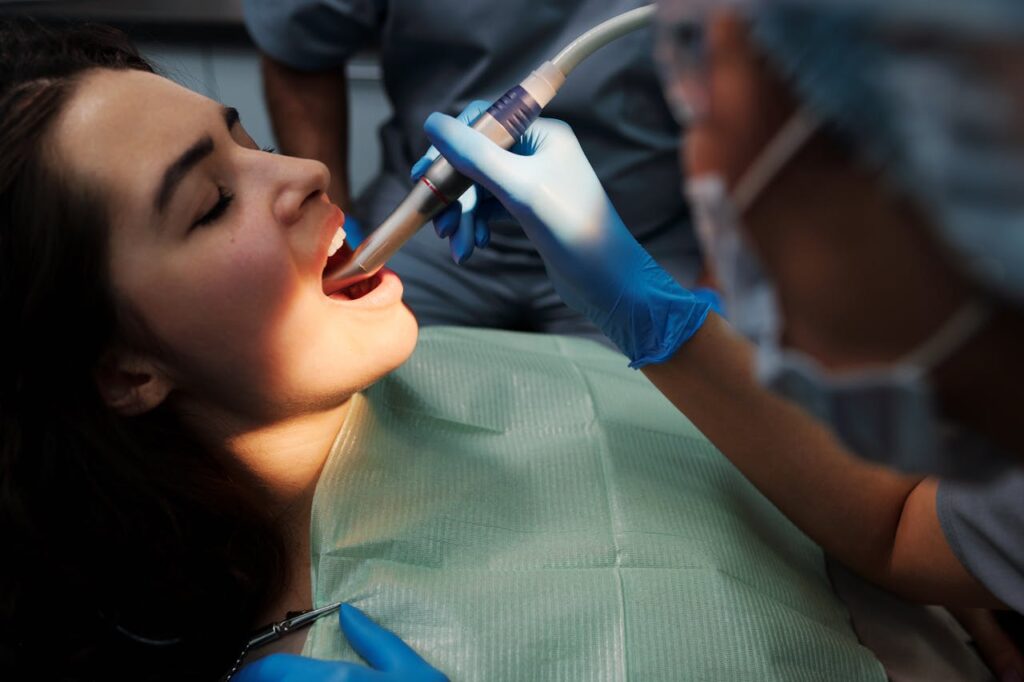The Importance of Fillings, Extractions, and Routine Care
One of the most common dental treatments is getting fillings, and for good reason. Cavities, if left untreated, can quickly worsen and lead to painful infections. Fillings restore the tooth’s strength and structure, preventing further decay while saving the natural tooth. They also allow patients to maintain normal chewing and speaking functions. Affordable and widely available, fillings are a simple yet powerful way to protect oral health and avoid more complicated—and costly—procedures down the line.
Extractions: When Removal Becomes Necessary

While dentists always try to save natural teeth, there are times when extraction is the best option. Severely damaged, decayed, or impacted teeth can cause ongoing pain and put surrounding teeth at risk. Extractions remove the problem and help patients return to a healthier, pain-free state. For example, wisdom teeth are often extracted to prevent overcrowding or infection. Although the idea of removal may sound intimidating, modern techniques make the process safe, quick, and less uncomfortable than many expect.
Routine Care: Building Strong Foundations
Routine dental care—like regular cleanings, exams, and X-rays—forms the backbone of lifelong oral health. These visits allow dentists to spot problems early, remove plaque buildup, and keep gums healthy. Skipping routine care often means missing small warning signs that could become major issues later on. Beyond professional check-ups, daily habits such as brushing and flossing play a vital role. When paired with consistent dental visits, routine care ensures a brighter smile and reduces the likelihood of expensive treatments in the future.
Preventing Bigger Problems Through Early Action
Fillings, extractions, and routine check-ups may seem like small steps, but they prevent bigger health problems. Untreated cavities can lead to abscesses, while ignored gum disease may contribute to conditions like diabetes or heart disease. By taking care of oral health early, people save money, time, and unnecessary pain. Preventive and basic treatments not only protect the teeth and gums but also support overall health. A simple dental visit can often make the difference between minor maintenance and major medical issues.
Long-Term Benefits of Consistent Care
Investing in fillings, extractions, and regular check-ups pays off over time. Healthy teeth improve confidence, speech, and nutrition, while avoiding the burden of frequent dental emergencies. Patients who stick to routine care are less likely to face complicated surgeries or tooth loss later in life. More importantly, good oral health contributes to better systemic health, reducing risks of chronic diseases. In the end, prioritizing these basic dental treatments is not just about a smile—it’s about a healthier, more comfortable life overall.









